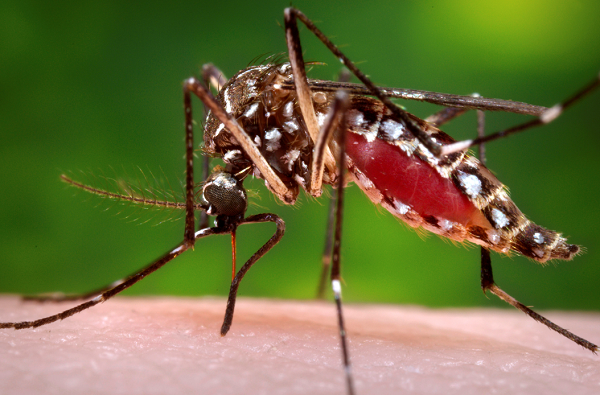What Is Dengue? Deadly Tropical Disease Found In Miami Is Spread By Mosquitoes Like Zika

Mosquito-borne diseases are on the rise in South Florida after officials confirmed the first case of dengue virus in Miami, according to reports. The virus is the first local case in Miami and the second case of the infection in the state after a Connecticut traveler contracted the virus while visiting. Health officials on Wednesday found the virus in a Miami resident after testing thousands for Zika, which is a cousin of dengue.
Greetings from Miami where health authorities have found 2 local #Dengue cases plus the #Zika. https://t.co/xnlBtYKt4X
— Laurie Garrett (@Laurie_Garrett) September 29, 2016
Dengue is most commonly found in Puerto Rico and various areas in Latin America, Southeast Asia and the Pacific islands, according to the Centers for Disease Control. However, just about anywhere people are infected with Zika, chances are that dengue is not too far behind, Florida health officials have said.
Dengue was most likely found in Miami because health officials are looking for it and "there's likely dengue and Zika in multiple areas of Florida and the Gulf Coast,” Dr. Peter Hotez, dean of tropical medicine at Baylor College of Medicine, told NBC News. The CDC said dengue cases have been reported in 48 states — most cases were contracted by immigrants or while U.S. residents were traveling. The biggest dengue outbreak happened back in 2005 in Texas along the U.S.-Mexico border where more than 1,200 people were infected with the virus.
Like Zika, dengue is transmitted by Aedes aegypti mosquitos and Aedes albopictus. Female mosquitos act as vectors as they pass the virus. Mosquitos carrying the blood of an already infected person pass the virus while feeding on another, transmitting the dengue through the blood. Although most people don’t suffer from significant symptoms of dengue, mosquitos can still be infected through biting and pass on the virus to their next victim. Typically, people infected with dengue suffer from high fever and two other symptoms, which could include a severe headache, eye pain, muscle and/or bone pain, joint pain, rash, low white cell count and nose or gum bleeding. In a worst case scenario, dengue can lead to death.
There isn’t a cure or specific medication to relieve dengue infection, and in most cases, people are advised to take pain relievers with acetaminophen, rest, drink plenty of fluids and avoid exposure to mosquitoes. Although a half a million people are hospitalized due to dengue symptoms globally, the infection has an incredibly low mortality rate of 1 percent if treated properly.
© Copyright IBTimes 2025. All rights reserved.






















